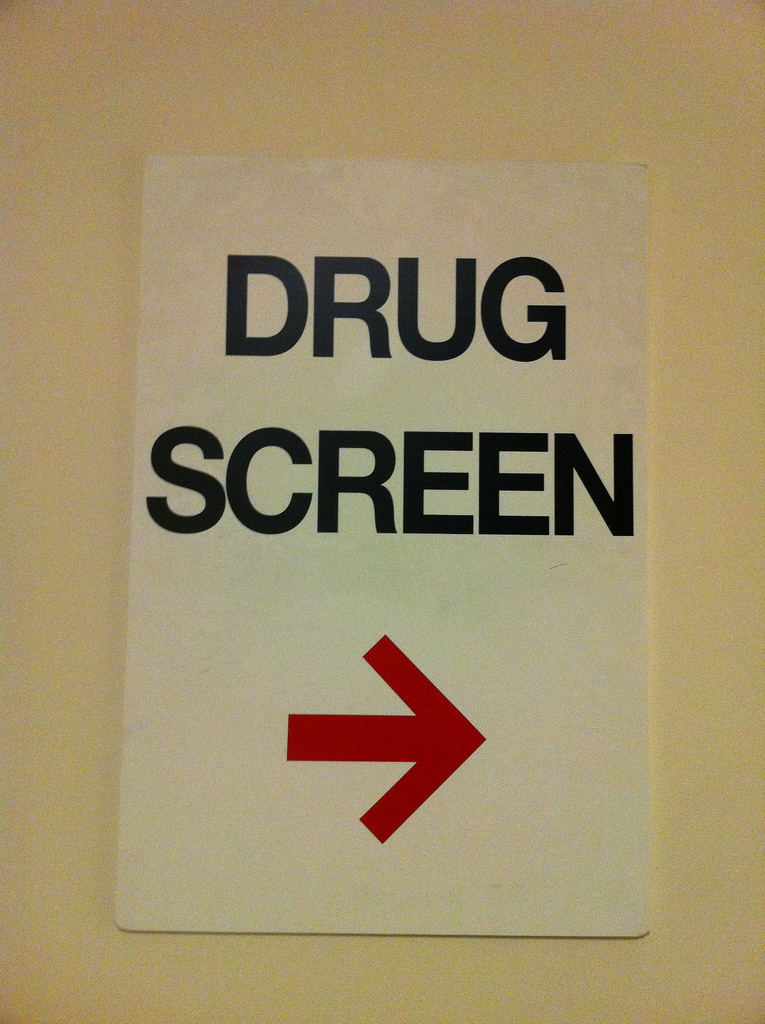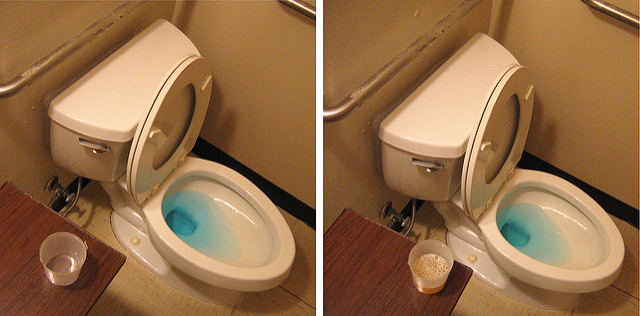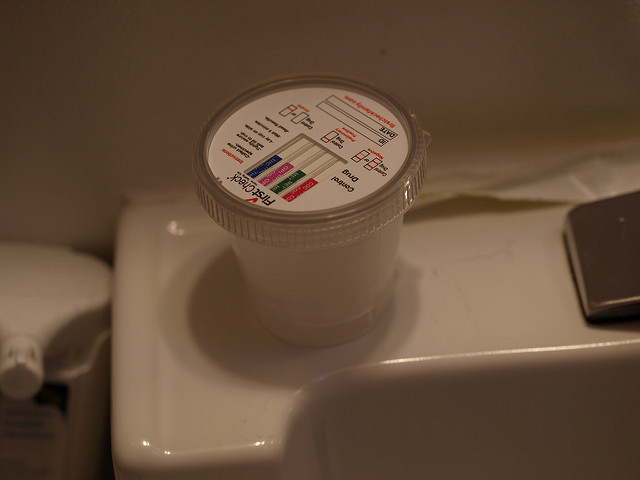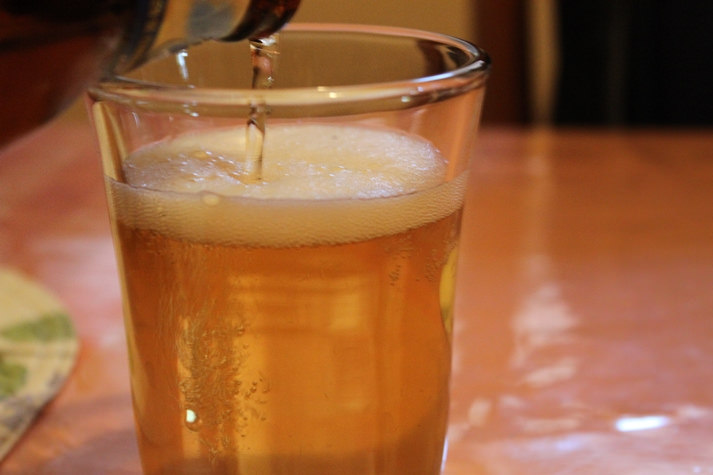One Number Shows the Hypocrisy of Drug Testing People on Welfare

By:
A controversial program to drug test people receiving government aid hasn't found a single person on drugs. Since May, none of the 303 applicants in Michigan's pilot drug testing program have tested positive for banned drugs, according to The Guardian. That's right, zero.
Michigan previously tried to institute drug testing for welfare recipients who had children but a court ruled it unconstitutional in 2003.
 Flickr/Francis Storr - flic.kr
Flickr/Francis Storr - flic.kr
Although there is a political push to drug test welfare recipients, politicians, who are paid with taxpayer money, are not drug tested.
A YouGov poll of 1000 U.S. adults in 2013 found that 78 percent of people surveyed favor drug testing members of Congress.
Rep. Gwen Moore (D-Wis.), who said that she used government assistance at one time in her life, blasted drug testing requirements like Michigan's earlier this week for being discriminatory against poor people.
To highlight the hypocrisy in the drug testing, Moore proposed a plan to drug test people who receive more than $150,000 in tax deductions from the federal government.
“As a strong advocate for social programs aimed at combating poverty, it deeply offends me that there is such a deep stigma surrounding those who depend on government benefits, especially as a former welfare recipient," she wrote in a statement on her office's website.
Michigan is not the first state to push this type of policy and it's not the first state to come up with minimal results.
 Flickr/Alex Thomson - flic.kr
Flickr/Alex Thomson - flic.kr
There are 15 states that passed laws to drug test or screen welfare recipients, according to the National Conference for State Legislatures. By March, 17 other states had proposed a law at some point. Some of the laws require all applicants to be drug tested and others only test people who have given suspicion.
In Tennessee, only 65 people applying for government assistance tested positive for drugs from mid 2014 to early 2016. Another 116 people refused to be tested and left the program. In that time more than 39,000 people applied for government assistance, according to Think Progress.
Drug testing welfare recipients doesn't save much money for states.
 Flickr/Micah Baldwin - flic.kr
Flickr/Micah Baldwin - flic.kr
In an effort to save the state money, Arizona became the first state to require drug testing for government assistance in 2009. Supporters of the requirement said that it could save the state $1.7 million, based on the the number of drug users in the population and the cost of drug testing, according to The Arizona Republic. Arizona only requires people who show "reasonable cause" to take a drug test. This means that the person has to confess to using drugs.
In 2015 the Tucson Sentinel reported that in five years of testing only 42 people had been tested and of those 26 people lost benefits. Three of those people actually failed the test and 23 were kicked out of the program because they didn't take the test. By 2015, the state had only saved $3,500 from drug testing welfare recipients, according to the Sentinel.
Researchers from the University of Michigan found in 2001 that drugs were not a significant problem for welfare recipients but alcohol dependency and psychiatric disorders were prevalent.
 Flickr/Abish Falcón - flic.kr
Flickr/Abish Falcón - flic.kr
They suggested that resources used for drug testing could be better spent helping welfare recipients:
"This suggests that screening welfare applicants and recipients for depression, post-traumatic stress disorder, and other psychiatric disorders would detect many problems likely to hinder the transition from welfare to work. Such policies would address a much larger population of TANF [welfare] recipients than the important, but small, population of drug-dependent recipients who might be detected through chemical drug tests."
ATTN: reached out to Michigan Gov. Rick Snyder's office. We will update the story if we receive a comment.
